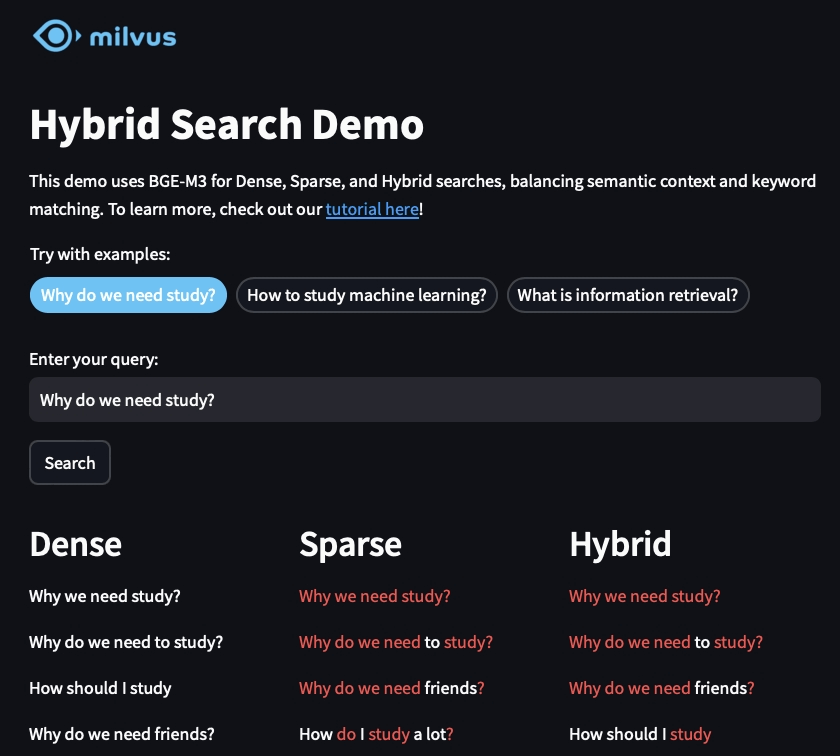Sentiment analysis impacts search by helping search engines better understand user intent and deliver results that align with the emotional context of queries. When users search for products, services, or topics, their queries often implicitly or explicitly reflect a sentiment—like frustration, satisfaction, or curiosity. By analyzing sentiment in both queries and indexed content, search algorithms can prioritize results that match the user’s emotional tone. For example, a search like “how to fix slow laptop” might carry a negative sentiment, prompting the engine to surface troubleshooting guides or support forums instead of promotional content for new devices. This improves relevance and user satisfaction.
From a technical perspective, sentiment analysis enhances content ranking by adding another layer of context to traditional keyword matching. Search engines can weigh pages with sentiment-aligned text more heavily. For instance, a query like “best coffee makers 2023” would benefit from pages with positive reviews or comparisons, which sentiment analysis could identify. Similarly, a search like “is XYZ software reliable?” might prioritize forum threads or articles where users express trust or dissatisfaction. This requires integrating sentiment scores into ranking algorithms, often using natural language processing (NLP) models trained on labeled datasets. Developers can replicate this by incorporating sentiment-aware features into custom search systems, such as weighting positive reviews higher for product-related queries.
Finally, sentiment analysis enables personalized search experiences. By tracking user behavior—like past interactions with negative or positive content—search engines can tailor results to individual preferences. For example, a user who frequently engages with critical tech reviews might see more balanced or skeptical articles for a query like “latest smartphone features.” This personalization relies on combining sentiment data with user profiles, which requires careful handling of privacy and computational efficiency. Developers implementing such systems might use lightweight sentiment classifiers or precomputed sentiment scores to avoid latency. Overall, sentiment analysis adds nuance to search, making it more adaptive to both query context and user needs.
